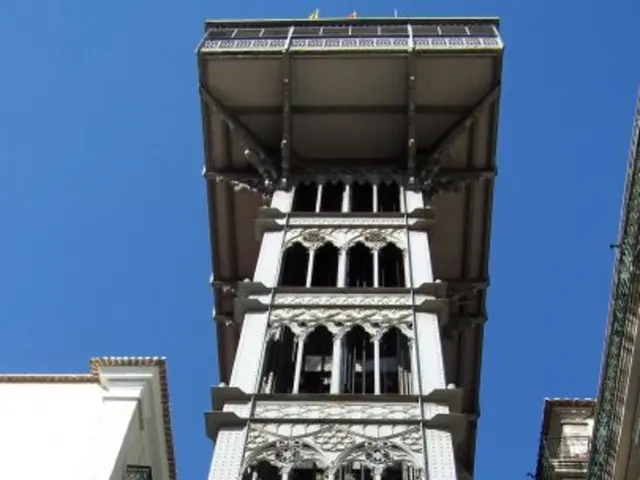Korea's KIMM Achieves 3,000-Hour Milestone in Clean Hydrogen Production
Korea Institute of Machinery and Materials (KIMM) has achieved a significant milestone in clean energy production. Their system has operated continuously for over 3,000 hours with remarkable electrical efficiency, marking the first successful validation of anode-supported SOEC technology at the full system level in Korea.
The system, capable of producing 6Nm3 of hydrogen per hour, achieved an electrical efficiency of 83% (LHV basis) when connected to an external heat source at approximately 200°C. This efficiency was enhanced by utilizing external waste heat sources, reducing additional electricity required for hydrogen production.
The research team, led by KIMM, has developed this high-temperature SOEC technology to reduce electricity consumption by about 15% compared to existing alkaline and PEM water electrolysis systems. This technology, combined with low-cost electricity from renewable and nuclear energy, has resulted in a 25% reduction in hydrogen production costs. The system's stable performance under practical industrial field conditions, including unexpected events, demonstrates its reliability and commercial readiness.
The Fraunhofer Institute for Ceramic Technologies and Systems (Fraunhofer IKTS) has contributed to the development of high-performance solid oxide electrolysis cells. They provided expertise in cell concepts for both room temperature and elevated temperature applications, as well as infrastructure for developing and manufacturing materials, components, and cells on industry-relevant systems.
KIMM plans to further improve the electrical efficiency of their SOEC systems to over 85% and develop AI-based diagnostic and lifetime prediction technologies for industrial-scale applications. With these advancements, the research team aims to lower hydrogen production costs to 3,000 KRW (approximately USD 2.20) per kilogram, accelerating the commercialization of clean hydrogen and contributing to a more sustainable future.








